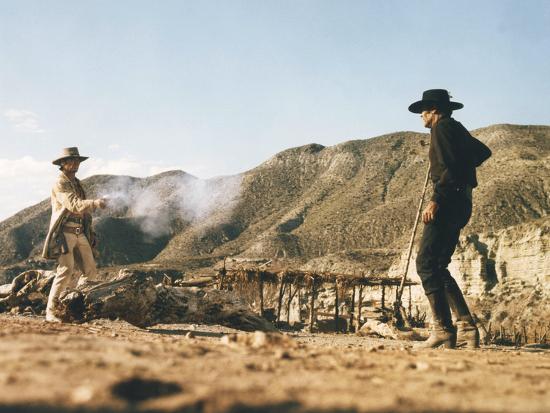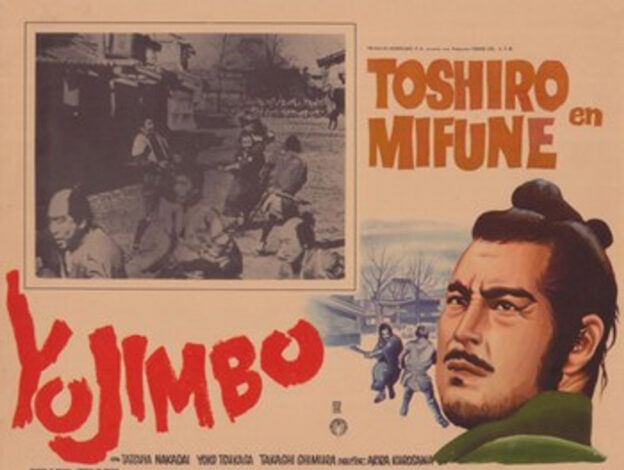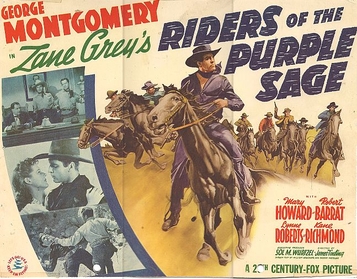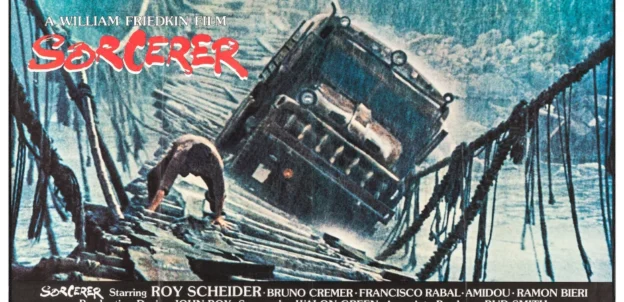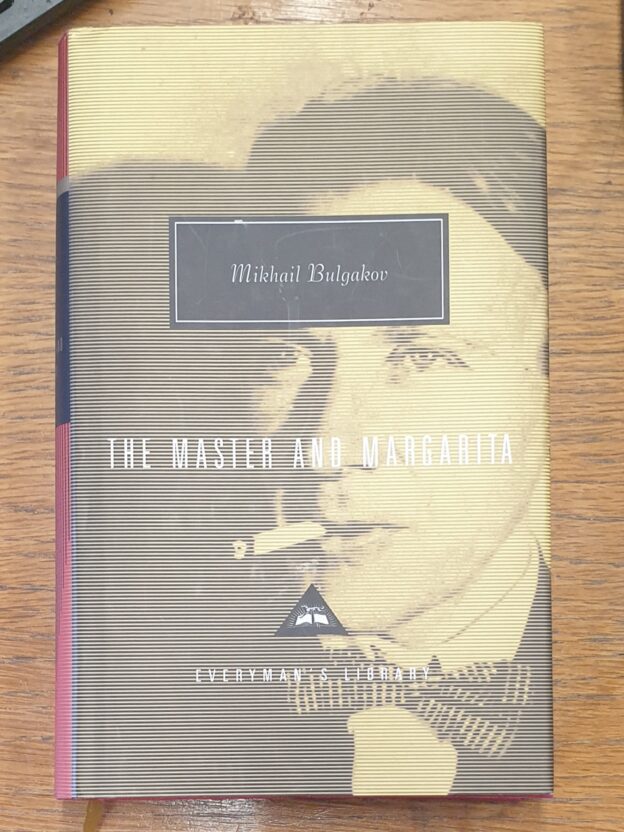This article explores the characters Kirillov and Shatov in Fyodor Dostoevsky’s novel Demons through the lens of Voltaire’s four states of belief regarding God. Kirillov, an existential nihilist, believes in asserting his ultimate freedom through suicide, reflecting the state of denying God’s existence and disbelief. Shatov, a former revolutionary turned conservative, embodies the search for spiritual and national identity, fitting the state of believing in God’s existence. Their interactions with other characters, particularly Stavrogin and Verkhovensky, highlight the novel’s critique of political extremism and the profound impact of personal beliefs on individual destinies. Through these contrasting characters, the article delves into Dostoevsky’s exploration of existential themes and the human condition.
Continue reading →
